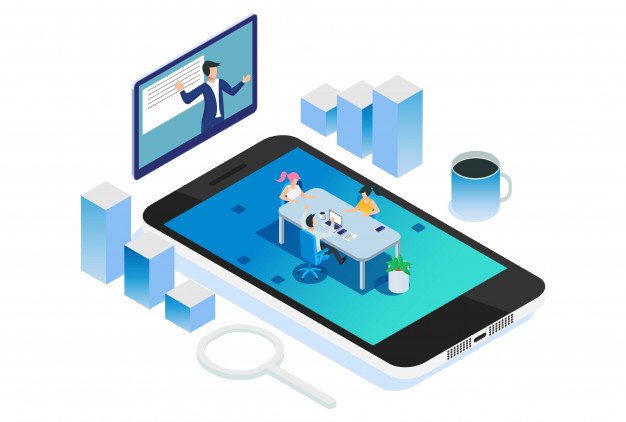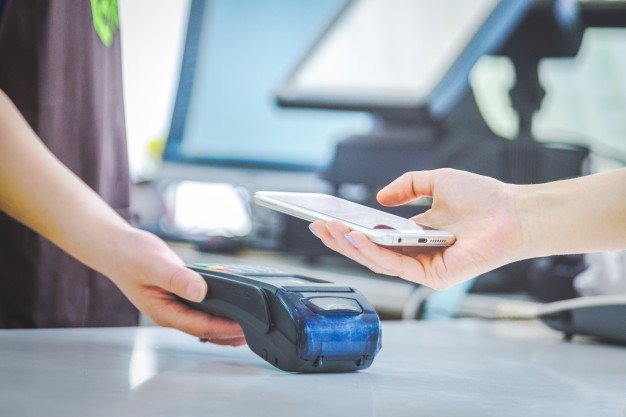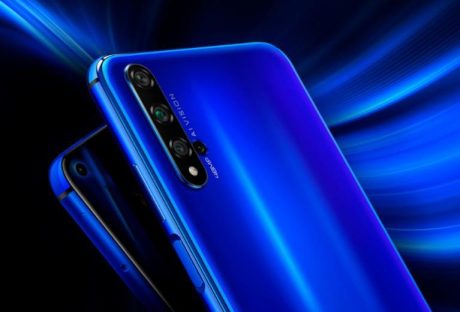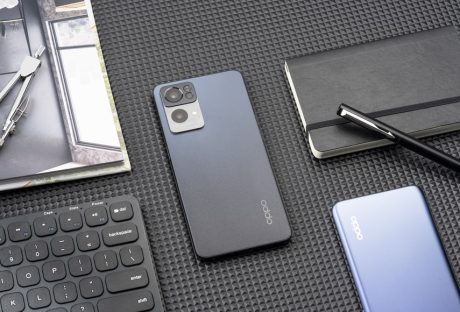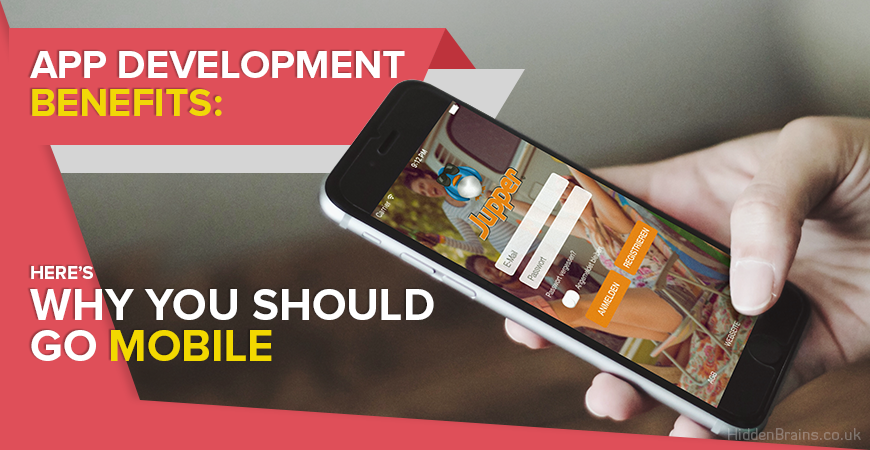The versatility of the smartphone lies in creating a single point of candidate contact using every conceivable form of messaging, anytime, anywhere. Phone recruiting has pushed traditional recruiting models to the verge of obsolescence and premature retirement.
It’s no secret that recruiters are facing difficulties finding the right talent these days. What it seemed to have been easy decades ago, it’s gotten way off the board now with all the commodities, but also drawbacks that new technologies tend to bring. Tools automating recruitment process, systems filtering quality candidates, emails automating replies – it does make you wonder: at what point does it start lacking in a personalized approach. It is basically one of the crucial factors in recognizing that one, the right talent.
Having the right recruitment platform is crucial for your business. RecruitLoop has touched on a similar subject questioning if in fact traditional recruiting is obsolete, or not, and we’d like to take it a little bit further.
Here are some hints to keep to understand where to start focusing your campaign:
- 89% of job seekers believe that mobile devices facilitate the job-hunting process
- 59% of job aspirants save jobs on a mobile device and apply through desktops
- 45% of ardent job seekers browse jobs vacancies daily using a mobile device
The Reach and Potential of the Smartphone Maximizes Recruiting Options
A candidate with a smartphone is automatically empowered to receive any communication outreach that defines a corporate recruitment strategy.
- Face to face text, voice, or video conferencing is a click away.
- Candidate-specific job postings, employment pages, blog posts, and RSS feeds attract the right job seekers.
- Employment details are shareable through emails, and companies can send and record text, audio, and videos through cloud-based platforms.
- Job aspirants can file job applications, transmit pictures, edit resumes, and interact with nodal HR personnel directly.
- Job applications are available for scrutiny in real-time from any source – Facebook, LinkedIn, or Twitter.
Empowering HR with the Mobile Phone as a Top Recruiting Platform
Your recruitment master plan would be incomplete without tapping tech-savvy mobile users 24/7. We share insights that’ll motivate you to shift from time-consuming transactional recruiting to result-oriented strategic engagement.
Shed painstaking personal profiling and shift to a unified candidate communication interface
Traditional recruiters waste tons of time and energy picking up the phone interviewing potential candidates, going through an in-depth process of recruitment – whilst most of their managers say they know if they will hire that person within the first two minutes of an interview. According to research, a traditional interview process takes an average of 23 days – now try and sum up the time and money spent.
Using integrated sourcing tools and channels it’s possible to expand and update your candidate base, enabling you to track elaborate job boards and strategize Candidate Relations Management (CRM).
You kick-start targeted recruitment campaigns across multiple channels, laying the foundation for reaching out to candidates, campuses, and communities, enabling you to save tons of money, time, and energy.
Leverage phone recruiting to land the ideal candidate, instantly
Traditional recruiting methods tie hot-candidate requisition to elaborate recruitment protocols, denying recruiters instant access to talent pools.
Consider the phone recruiting alternative. Imagine strolling through a park in your spare time and coming face to face with skilled candidate profiles on your mobile. Within seconds of making up your mind, you use the cloud-empowered CRM database to fire off an instant reply to hook up the candidate on Facebook or LinkedIn.
Potential smartphone-enabled candidates are more receptive and respond faster to your messaging even when they’re away from their workstations or happen to be in idle time, weekends or vacations.
Communicate in a medium that resonates with targeted candidates
When you’re hiring remotely through phone recruiting, you are harnessing technology with comprehensive capabilities.
Artificial Intelligence (AI) powered software offers solutions covering every stage of your recruitment funnel. AI eliminates personal bias, focuses on candidate experience, and humanizes recruitment.
You’re in the ideal position of customizing messages that cater to individual candidate communication preferences.
With accurate candidate profiling, you can customize messages via short texts, more elaborate emails, purposeful videos, links to your blogs, or white papers.
Your communication can be designed to elicit instant responses using the medium that resonates perfectly with each candidate.
Making the Best Use of Smartphones as Your Prime Recruiting Channel
Do you know what Dell, NYPD, The U.S. Army, and Microsoft have in common? They’ve all embraced AI to design and implement a mobile-centric recruitment strategy that delivers results. Let’s dig deeper into their modus operandi:
- Maintain an uncluttered and updated candidate database that becomes a powerful tool for employment branding.
- Check phone validity to sanitize your candidate database and reduce the bounce rate from unviable calls.
- Proactively push Job Alerts to candidates that figure prominently in skill and experience profiling.
- Notify selected candidates with calendar requests to bookmark trade shows, career fairs, and walk-in interviews.
- Customize email messages to candidates advising interview timings, answering simple questions, guiding them through orientation events and seminars.
- Harvest potential recruits by posting organizational events in social media complete with company branding and attractive imaging.
- Barcode the recruitment campaign. This enables candidates to click the barcode and access websites where they can download job applications or enter personal particulars.
- Enable RSS feeds to informative blogs that keep candidates updated on coming events and allow recruiters to retrieve candidate information in real-time.
- Design short videos to project the best aspects of your company culture. Use a tone and style that inspires passion in your brand.
- Humanize recruitment by using CRM tools for staying in touch by mailing greetings, appreciating achievements, endorsing personal milestones, or just say hello to stay connected.
- Sponsor surveys to keep abreast of candidate interests, job preferences, and availability to continually update the database.
The Bottom-Line
There’s a candidate out there who is highly skilled, adequately experienced, and competent to address your specific needs, and that candidate carries a cell phone.
It’s a no brainer that the mobile phone is the ultimate gateway for harnessing candidates as and when you spot the talent that fits your needs.
More importantly, phone recruiting presents you with an integrated platform that gives you one-stop access through a device for mass communication. The handy mobile allows you to gift wrap your message in a medium that evokes a prompt response.
Phone recruiting has pushed traditional recruiting models to the verge of obsolescence and premature retirement. The moot question is – are you willing and able to “mobile-size” your recruitment strategy?
Read Also:














